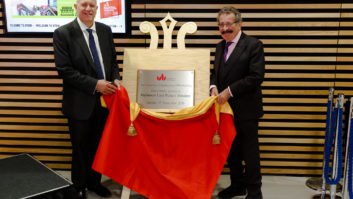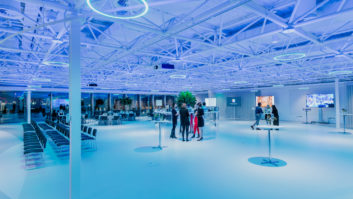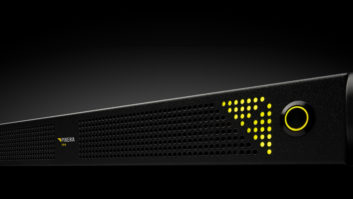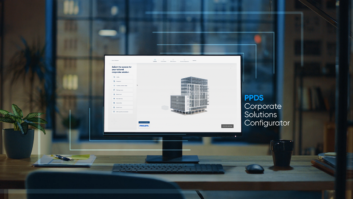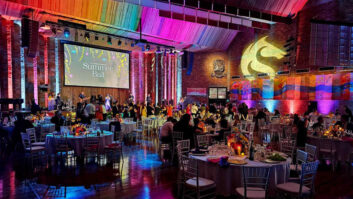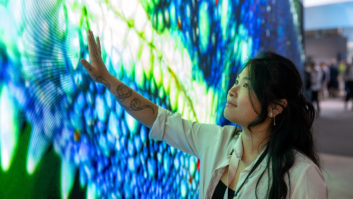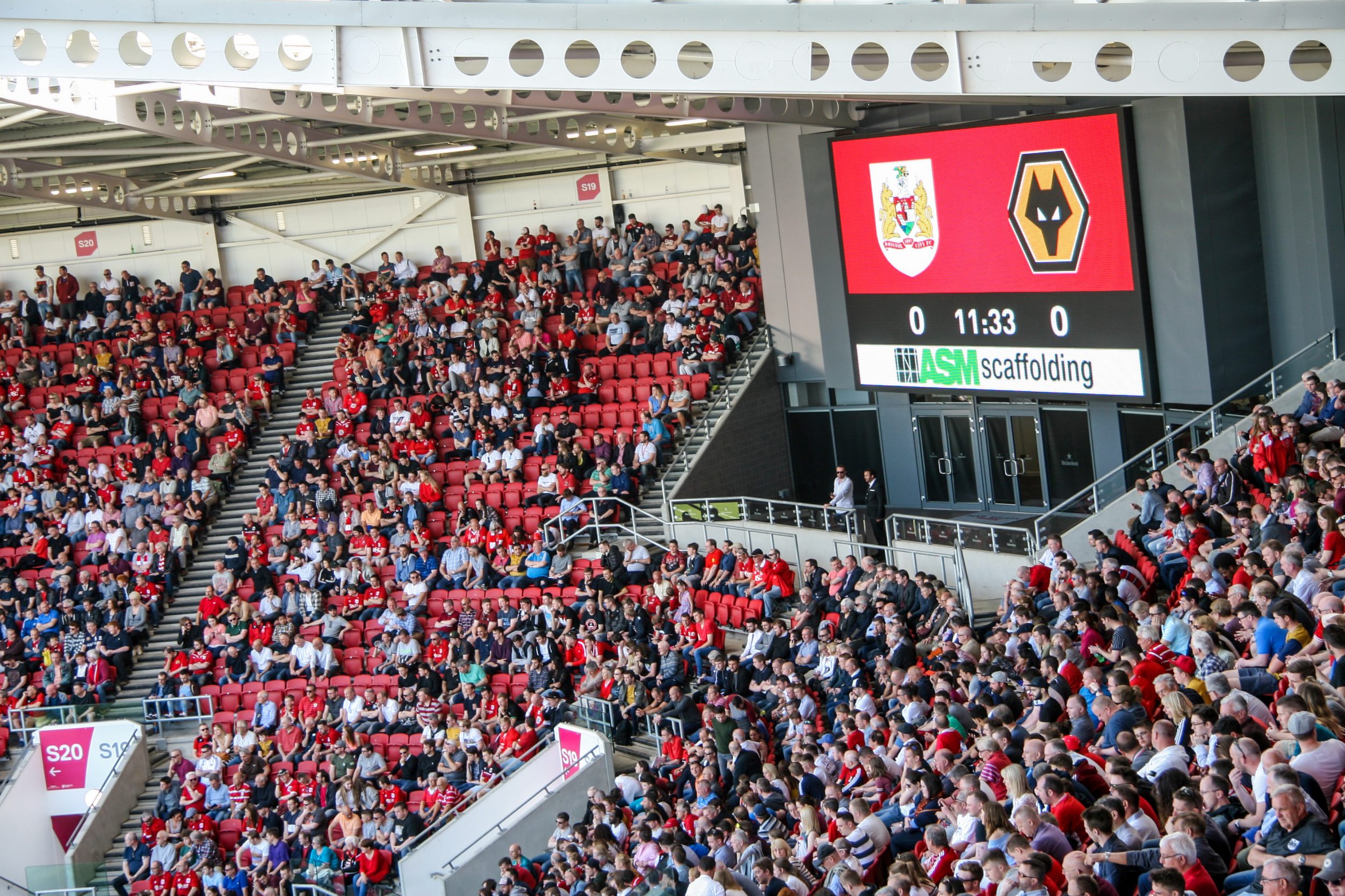
Scott Maitland, commercial director at SSUK, explains how the company’s background in licensed trade has helped its project delivery, while also stressing the importance of co-operation between IT managers and AV integrators.
How do the short timescales integrators often have to work to on sports venue projects alter your approach?
Well in our case it doesn’t alter the approach that much as we come from a background of the licensed trade. In the case of bars and restaurants, the way they work is to phone you on a Thursday afternoon for a Saturday match! So the deadlines a football club gives us is usually really reasonable. We have grown working within tight timescales and delivering through having a can-do attitude.
What are some of the cutting-edge technologies sports venues are currently looking to implement?
I would say the most important thing they need to implement right now is WiFi that works. No sporting venue has achieved it 100% correctly yet and the one that manages it first will set an industry standard. The scale of enabling thousands of fans being able to connect without the reliance on a mobile network will enable the sports club to harness the marketing power offered by the people as they are in the moment. Our client Bristol Sport has been trialling three systems and is just starting to implement its selected cross network system alongside the city’s own connected city project.
For sports venue installs, how much of an impact are IT systems and the expansion of IT management having on the role of the integrator?
This is the first year IT managers have taken an active role in the AV activities and the merging between the two types of technologies means that IT managers are more proactively involved than ever before. Every one of our engineers have spent time over recent years making sure they are up to speed on all the platforms and now that’s coming the other way because the IT guys want the screens to look good. It’s become obvious that if IT and AV don’t work together then you can’t create the best customer experience. Better collaboration is helping create more robust systems with less waste.
How different is it working on single and multi-venue projects?
The main difference between working with single and multi-venue projects is that is stops being about products and starts being about people. Multi-venue projects tend to have a much higher place on the agendas of the board level executives and input from marketing, internal communications, facilities, IT and often the chief executive. For multi-venue projects, it’s important for the project to merge resources and skillsets from a variety of departments.
Tell us about a recent installation project that highlights SSUK’s expertise in the sector.
Ashton Gate for Bristol Sport was a great project. They have carefully managed all the elements of the project alongside the IT team and the result is a cutting-edge stadium for sport fans, event goers and the wider community as they use the new venue. It incorporates LG’s cutting-edge visual display technology throughout, including commercial displays, digital signage, LED displays, touchscreen technology and a giant videowall – the largest in a bar or pub setting in Europe.
The stadium’s sports bar, which regularly houses hundreds of fans before, during and after matches, has been fitted with a videowall featuring 28 55in 55SM5KB LG screens. With proprietary IPS panel technology, the videowall is the centrepiece of the sports bar, showcasing live matches, real-time updates and commentaries simultaneously. With a superior viewing angle of 160°, guests in the bar and mezzanine area are both able to see the display from all parts of the space. Two LG 0.768 x 1.152sqm LED jumbatrons were installed at either end of the stadium to display live match feeds, advertisements through the match, bespoke content and game statistics.
The LED display installation was one of the biggest challenges for this project as we could not use a crane to lift the bracketry and display into place as the pitch had only just been laid. Instead we hand carried every element and installed it on the balconies by hand, which was a great team effort over a weekend. It was vital for Bristol Sport that the audio-visual solution reflected the values of this forward thinking and multi-purpose stadium, as well as allowing them to simply and efficiently implement future technologies as needed. Working with LG we created an all encompassing system that easily allows corporate services, bars and hospitality areas to cater to match day communications and corporate content with ease.
Over 250 49in LG monitors were fitted throughout the stadium, located in the concourses, control rooms, hospitality boxes and meeting spaces. These are designed to be used to display menus, real-time match data, live news feeds and directions and instructions to fans, as well as to be updatable in real time for major sporting achievements with screen takeovers.
